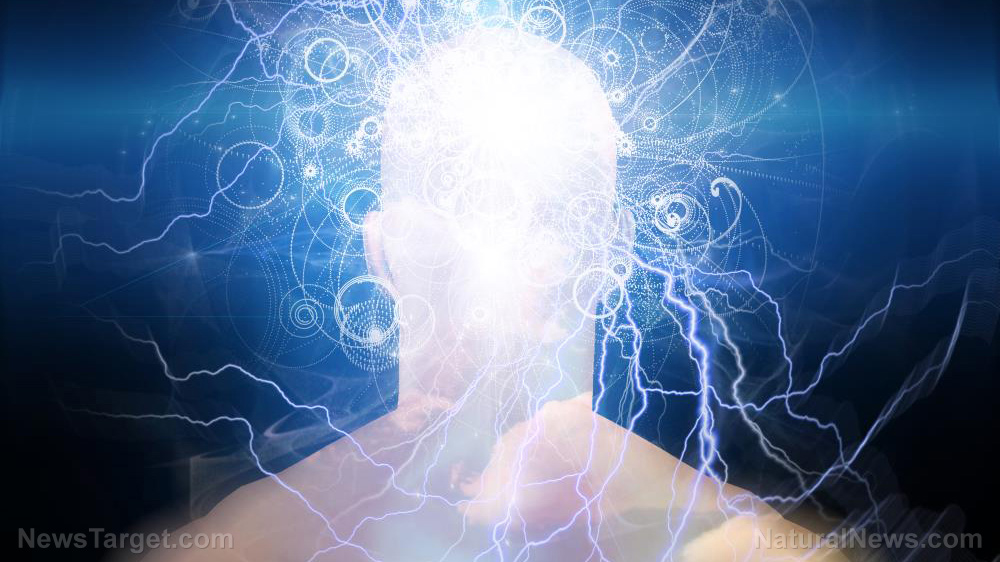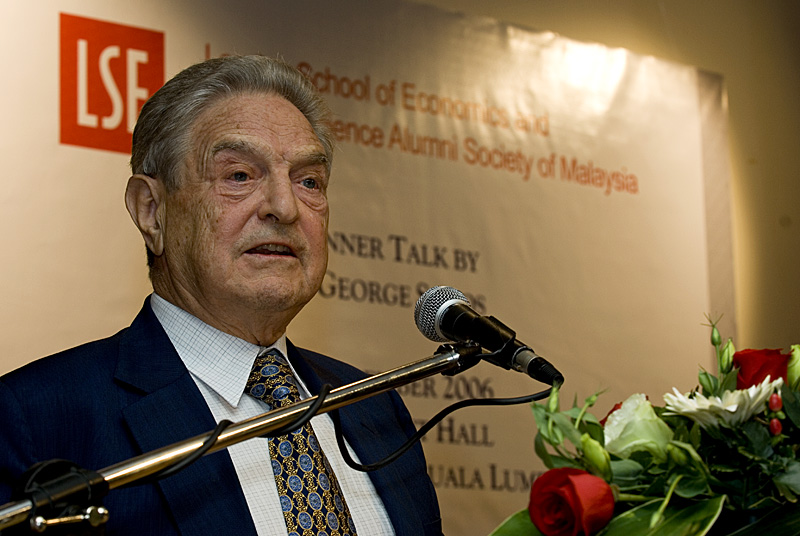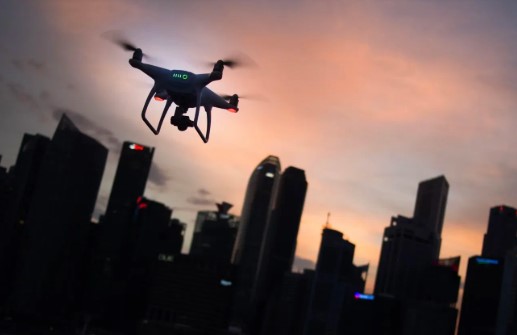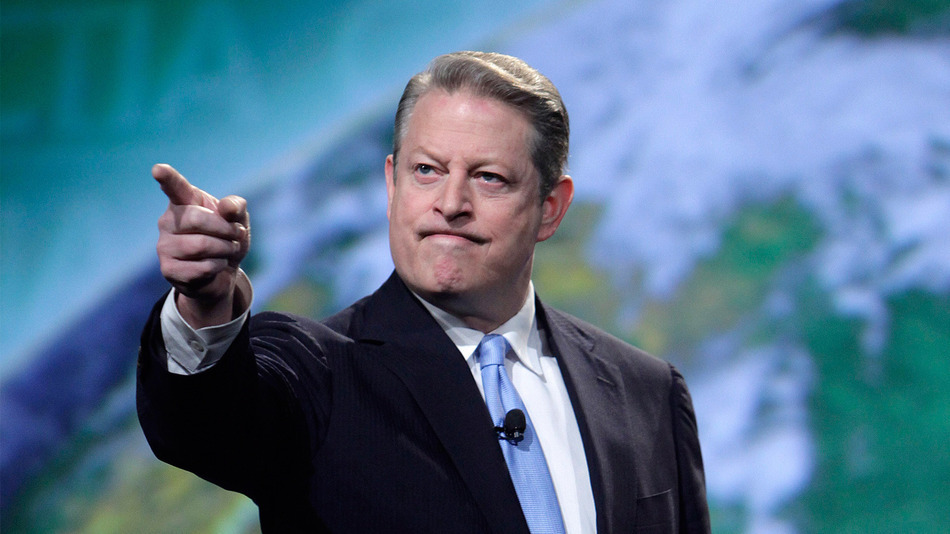Trump and Putin push for Ukraine peace deal as Zelensky clings to power – will diplomacy prevail?
09/25/2025 / By Finn Heartley
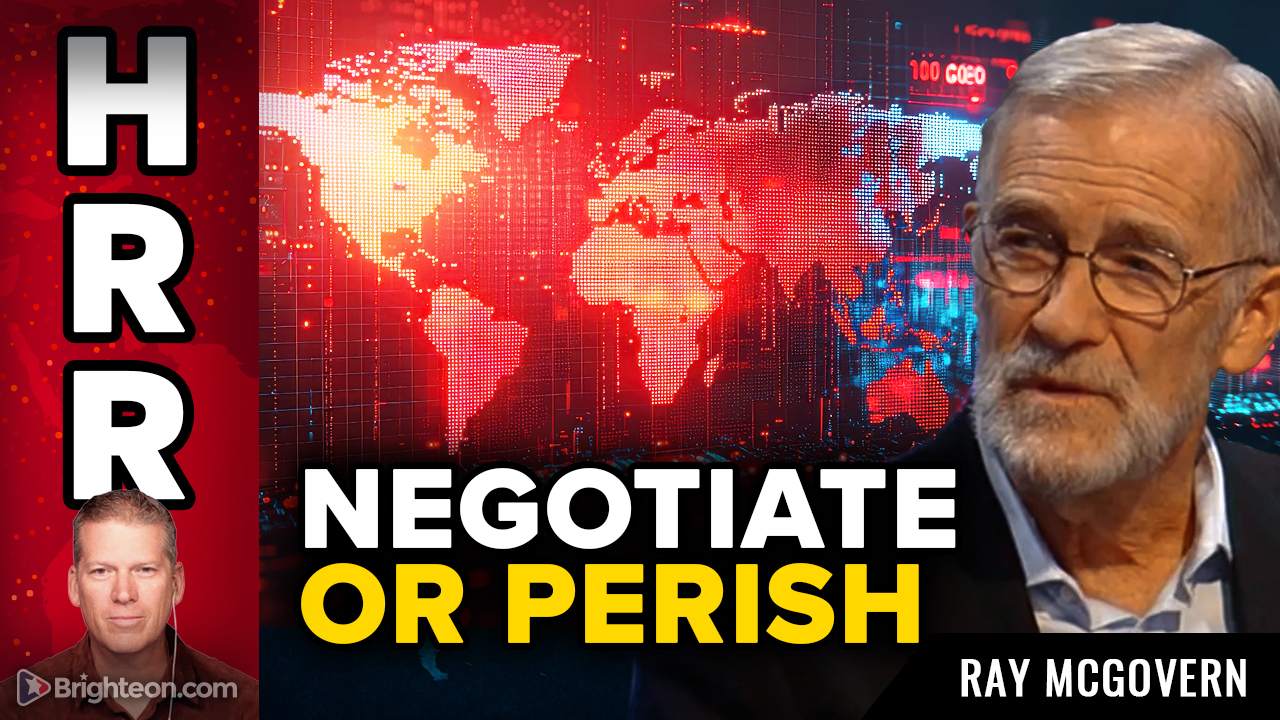
- Trump-Putin Alignment: Trump has shifted from demanding an immediate ceasefire to pursuing a broader diplomatic deal, recognizing Russia’s military dominance and Ukraine’s weakening position, while Putin shows openness to talks if Ukraine abandons NATO ambitions.
- Zelensky’s Defiance: Despite expired legitimacy and 69% of Ukrainians favoring peace, Zelensky refuses territorial concessions, relying on fading Western support—even as Trump warns U.S. aid won’t last indefinitely.
- Russia’s Leverage: Putin demands recognition of annexed territories (Donetsk, Luhansk, Zaporizhzhia, Kherson) and Ukrainian neutrality, backed by Russia’s battlefield gains and economic resilience.
- Western Hypocrisy & Decline: Biden’s promises of unlimited aid have collapsed, Europe lacks resources to sustain Ukraine alone, and Germany’s economy suffers from severed Russian energy ties.
- Endgame Scenarios: If Zelensky refuses negotiations, Russia may militarily solidify gains, leaving Ukraine with nothing. A diplomatic deal could stabilize Europe—but time is running out.
As the Ukraine war approaches a critical juncture, U.S. President Donald Trump and Russian President Vladimir Putin appear increasingly aligned on the necessity of a negotiated settlement. High-level discussions indicate Trump has moved from demanding an immediate ceasefire to pursuing a broader diplomatic resolution—acknowledging Russia’s battlefield dominance and the futility of prolonging the conflict. However, Ukrainian President Volodymyr Zelensky, whose legitimacy is under scrutiny after his term expired, remains defiant, rejecting territorial concessions despite dwindling Western military and financial support.
The Diplomatic Shift
Recent talks between Trump and Putin suggest a significant shift in U.S. strategy. Trump, initially insistent on a rapid ceasefire, reportedly adjusted his stance after being presented with intelligence showing Russia’s overwhelming military advantage. Sources indicate Putin demonstrated Russia’s battlefield progress, including troop deployments and economic resilience, convincing Trump that a ceasefire alone would only delay the inevitable.
Instead, Trump now advocates for a comprehensive peace deal—one that acknowledges Russia’s territorial gains while ensuring Ukraine’s survival as a sovereign state. Putin, for his part, has signaled openness to negotiations, provided Ukraine abandons NATO ambitions and accepts a neutral status.
Zelensky’s Dilemma
Zelensky, however, remains entrenched in his refusal to concede territory. His position is complicated by his expired presidential mandate and growing domestic discontent. Polls suggest that 69% of Ukrainians favor ending the war, yet Zelensky continues to rely on Western assurances—many of which have evaporated under Trump’s leadership.
Trump has reportedly warned Zelensky that U.S. aid will not continue indefinitely, urging him to negotiate before Russia’s military advances render Ukraine’s position untenable. Meanwhile, European leaders, despite their rhetoric, lack the military or economic capacity to sustain Ukraine’s war effort without U.S. backing.
The Stumbling Blocks
Several obstacles remain:
- Zelensky’s Survival – His political future hinges on maintaining Western support, yet his refusal to negotiate risks alienating even his staunchest allies.
- Russia’s Demands – Putin insists on recognition of annexed territories (Donetsk, Luhansk, Zaporizhzhia, and Kherson) and guarantees against NATO expansion.
- Western Hypocrisy – The Biden administration’s previous promises of unlimited support have collapsed, leaving Ukraine exposed.
The Path Forward
Trump’s strategy hinges on leveraging Putin’s willingness to negotiate while pressuring Zelensky to accept reality. If Ukraine continues resisting, Russia may simply consolidate its gains militarily, leaving Zelensky with nothing. Conversely, a deal could stabilize the region, allowing Europe to rebuild its fractured economy—particularly Germany, which has suffered immensely from severed Russian energy ties.
Conclusion
The war’s endgame is now in sight. Trump and Putin appear ready to broker peace, but Zelensky’s intransigence—and lingering Western delusions—threaten to prolong the bloodshed. The question is no longer if Ukraine will concede, but when—and whether diplomacy can avert a total collapse before it’s too late.
Watch the full episode of the “Health Ranger Report” with Mike Adams, the Health Ranger, and Ray McGovern as they talk about Trump, Putin, Zelensky, and the Fight for Peace in Ukraine.
This video is from the Health Ranger Report channel on Brighteon.com.
More related stories:
Trump brokers historic Putin-Zelensky talks… Will the war in Ukraine finally end?
As Trump and Putin prepare for peace talks, Zelensky doubles down on war… and your wallet funds it
Sources include:
Submit a correction >>
Tagged Under:
big government, ceasefire talks, chaos, Donald Trump, military, national security, negotations, peace, peace deal, progress, Putin, Russia, Russia-Ukraine war, Trump, Tyranny, Ukraine, White House, World War III, WWIII, Zelensky
This article may contain statements that reflect the opinion of the author
RECENT NEWS & ARTICLES
COPYRIGHT © 2017 COLLAPSE.NEWS
All content posted on this site is protected under Free Speech. Collapse.news is not responsible for content written by contributing authors. The information on this site is provided for educational and entertainment purposes only. It is not intended as a substitute for professional advice of any kind. Collapse.news assumes no responsibility for the use or misuse of this material. All trademarks, registered trademarks and service marks mentioned on this site are the property of their respective owners.






